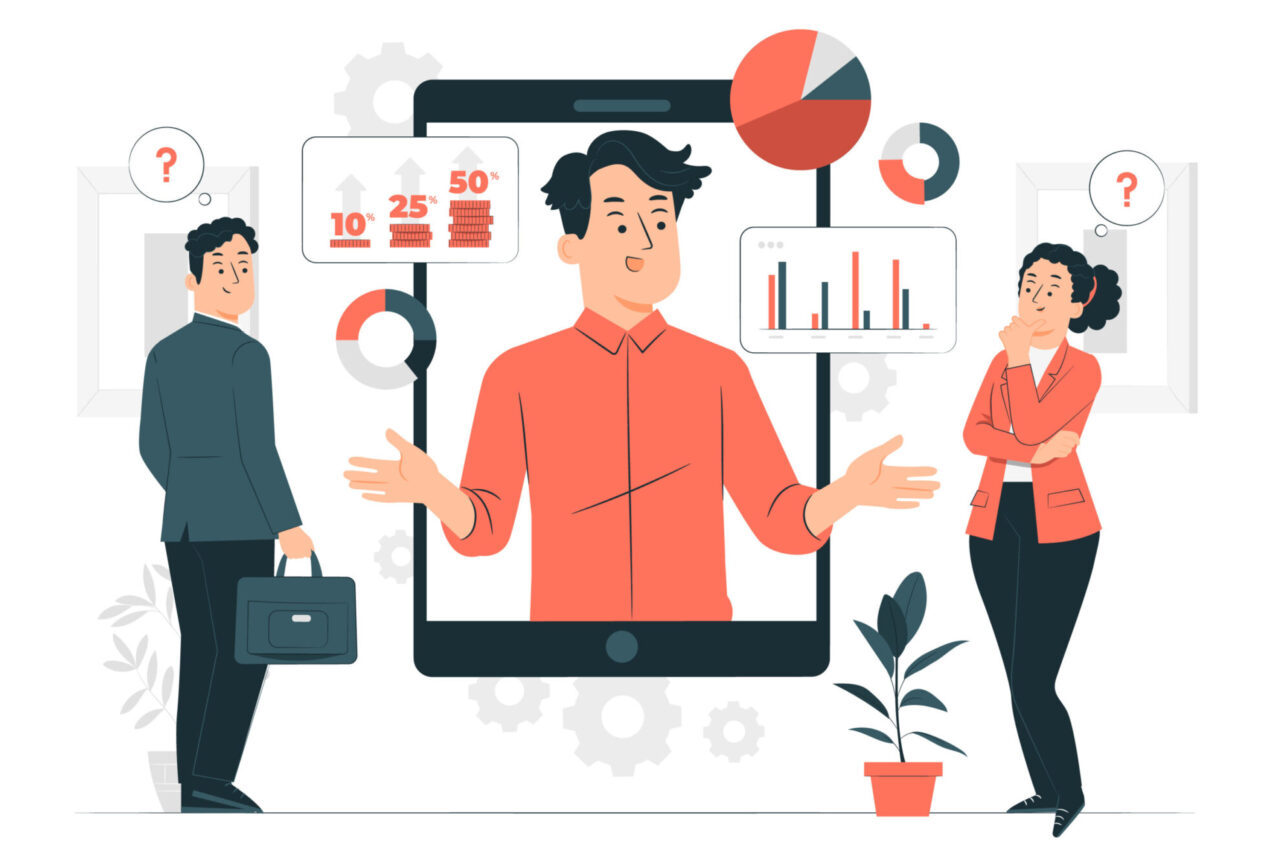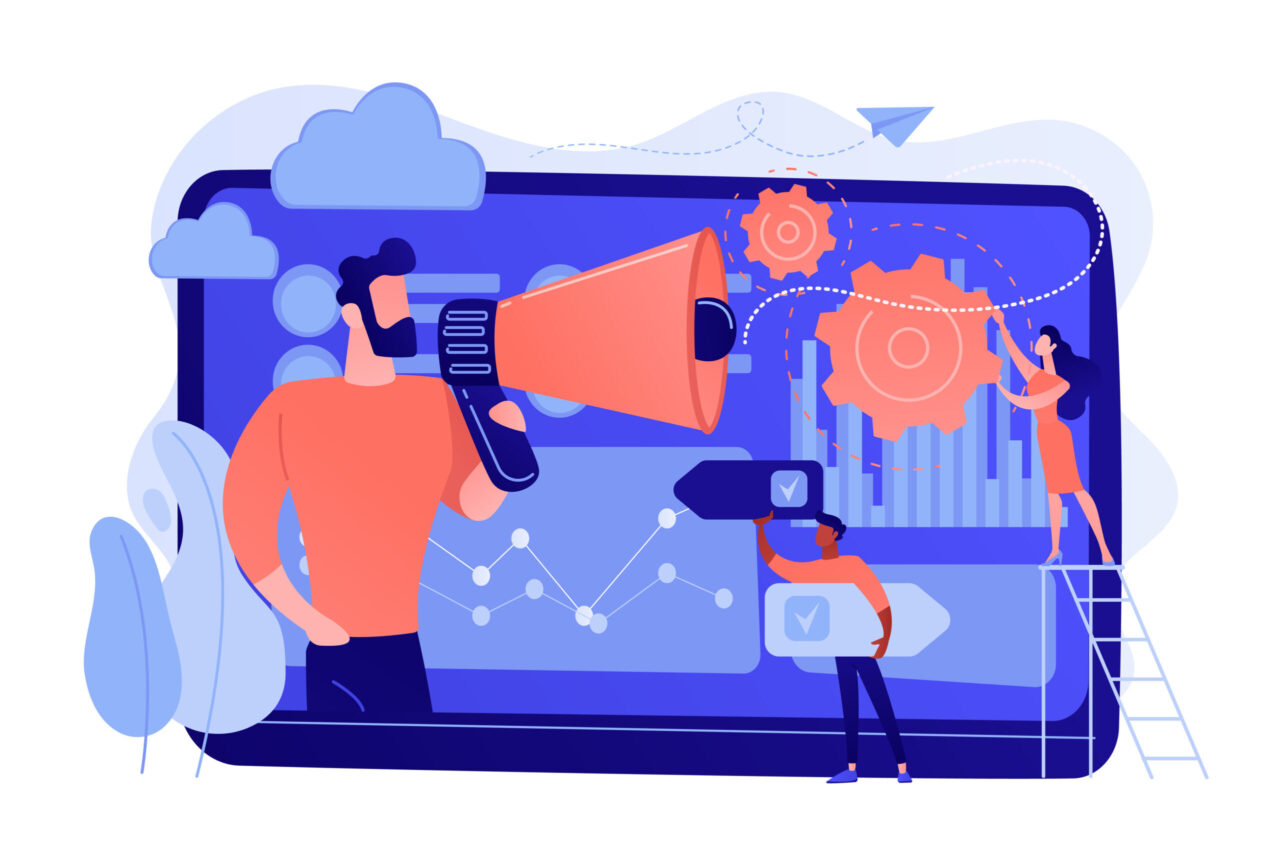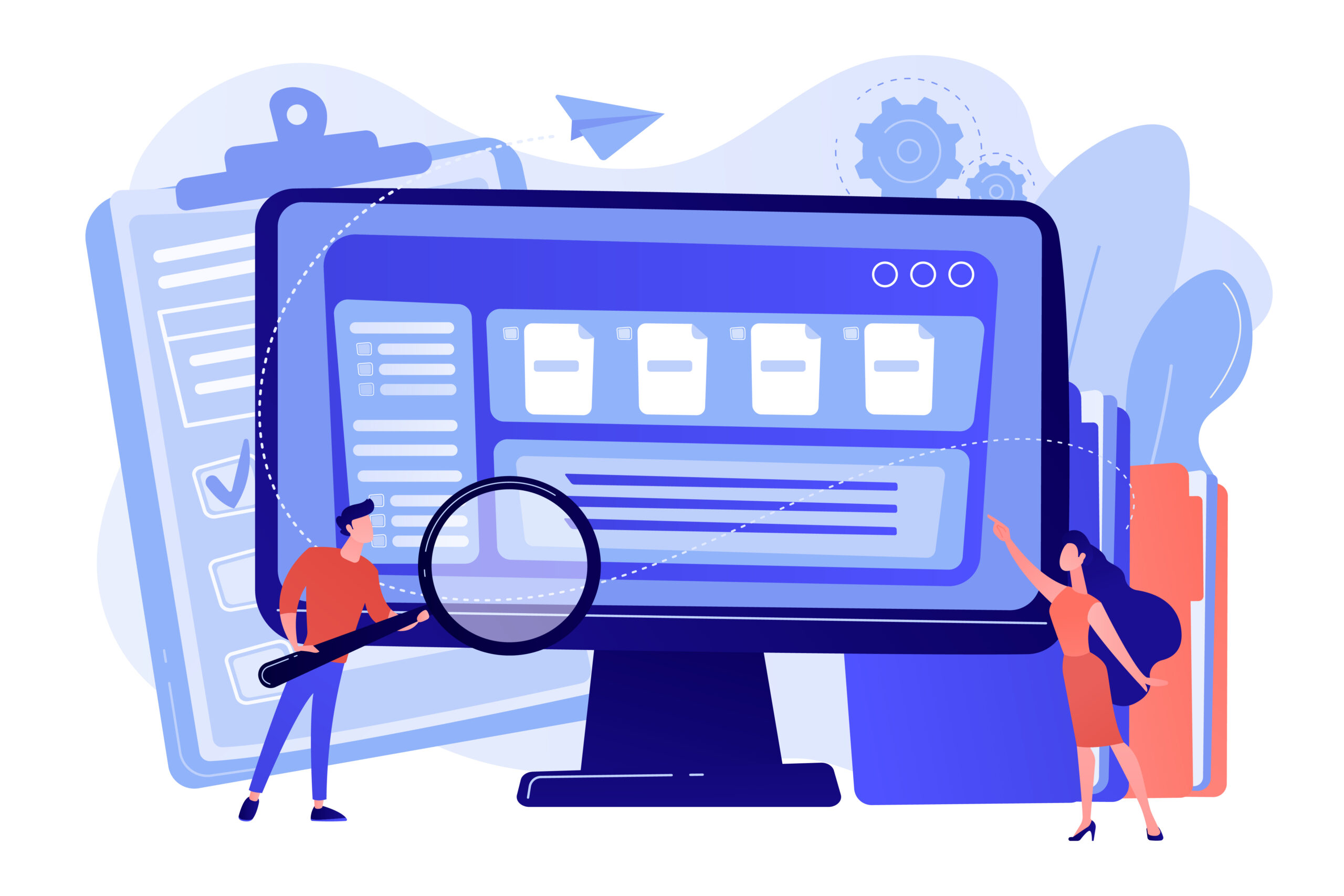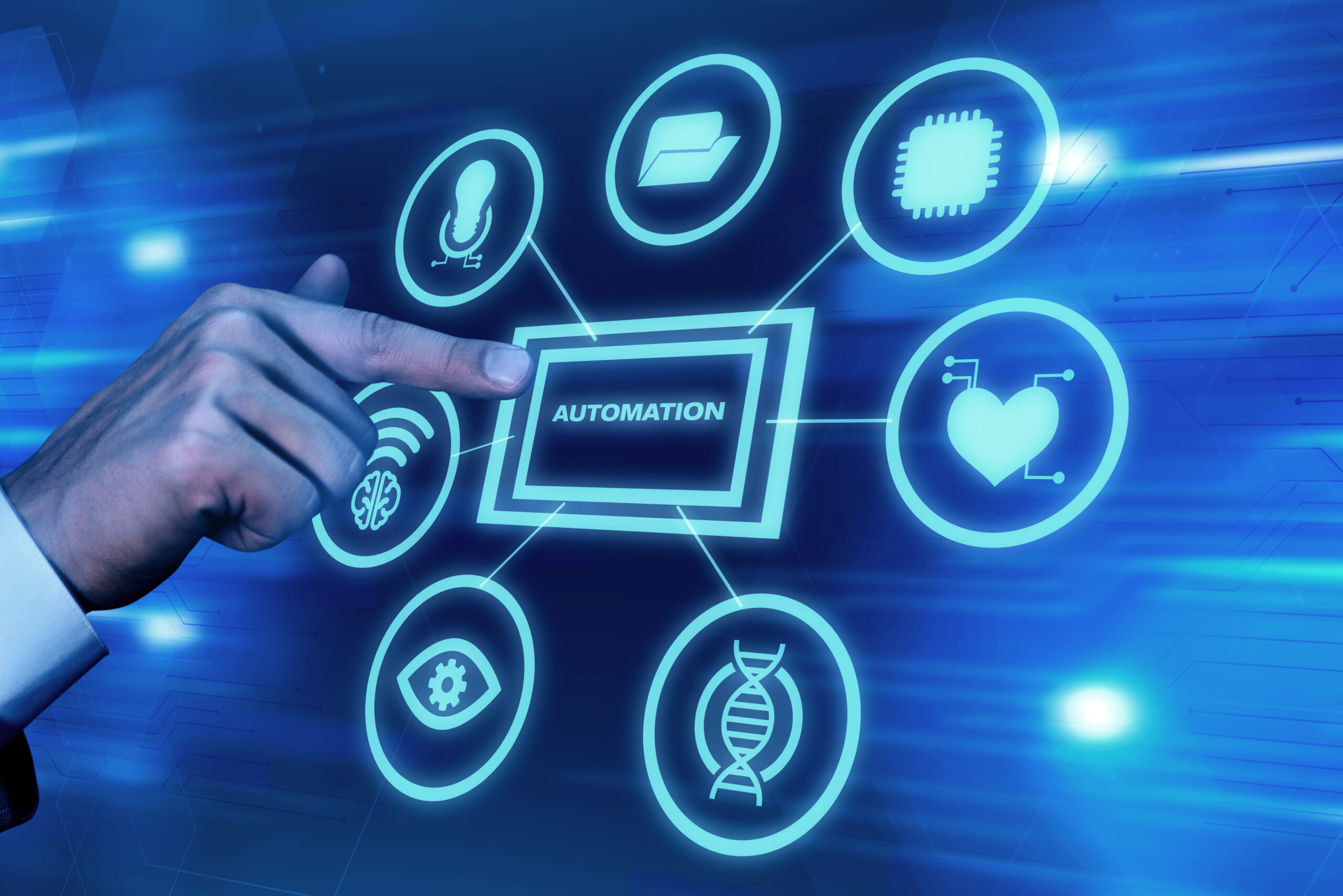Image by vectorjuice on Freepik “What unites people? Armies? Gold? Flags? Stories. There’s nothing…
In today’s competitive landscape, businesses must constantly evolve their strategies to capture and retain customers effectively. One technique that has proven to be a game-changer in this quest is personalization. Tailoring their marketing efforts can help businesses meet the needs and preferences of individual customers, allowing them to forge deeper connections, provide enhanced customer experiences, and ultimately drive long-term loyalty.
In this blog post, we will dive deeper into the power of personalization in product marketing and why it is crucial for building lasting customer relationships.
What is personalization all about?
Personalization is the practice of customizing marketing messaging, product recommendations, and the overall user experience based on individual users’ needs and preferences. Businesses can get detailed insights into customers’ demographic and activity data using data analytics tools and technologies, which helps them deliver highly targeted messaging to the user.
Personalization is about moving away from the one-size-fits-all approach and focusing on treating each customer as an individual.
Here are a few key ways that adopting personalization in their marketing tactics can help businesses –
- Enhanced Customer Experiences – Customers are more likely to become loyal advocates and repeat buyers when they feel that a brand truly understands their needs and delivers solutions specifically designed for them. Personalization can help businesses create tailored customer journeys through personalized product recommendations, targeted promotions, and customized content. Such experiences can make customers feel understood and valued, increasing engagement, satisfaction, and loyalty.
- Driving Customer Engagement – Customers who receive personalized communications are more likely to pay attention and actively engage with the brand. Brands can apply personalization across various channels, including email campaigns, social media, website experiences, and offline interactions. Delivering relevant content and offers to customers at the right time and through the proper channels can significantly increase customer engagement and foster stronger connections.
- Enhanced Customer Loyalty – Personalization helps brands go beyond transactional relationships and build emotional connections with customers. Satisfied and loyal customers are likelier to refer friends and family, driving organic growth and expanding the customer base.
How can businesses implement personalization using technology?
Businesses can implement effective personalization strategies by leveraging marketing technology tools, techniques, and data analytics. Customer Relationship Management (CRM) systems, web cookies, etc., can help collect customer data effectively, which can then be analyzed by AI/ML tools to easily identify relevant content and recommendations.
These tools enable businesses to segment their customer base, create targeted campaigns, automate personalized recommendations, and track customer interactions to refine their personalization efforts continuously.
Where can personalization be implemented?
Businesses can implement personalization techniques across the marketing funnel and marketing channels in a variety of ways-
- Email Marketing – Send tailored emails with relevant content and offers based on users’ preferences and behavior (e.g., HubSpot smart content).
- Product Recommendations – Use browsing and purchase history to provide personalized product suggestions and bundles that would appeal to the customers (e.g., Amazon).
- Targeted Advertising – Serve ads that align with customers’ interests and preferences across digital channels based on their activity.
- Personalized Website Experiences – Display content on your website based on customers’ browsing history, interactions, demographic data, etc.
- Chatbots and Customer Service – Use AI-powered chatbots to provide personalized support and recommendations based on customers’ browsing history, account information, etc.
This is just a small set of examples of how businesses can adopt personalization in their marketing activities and help build a deeper connection with their customers.
Balancing Privacy and Personalization
Personalization offers tremendous benefits, but it is essential to balance personalization and privacy. Businesses need to prioritize customer privacy and the security of customer data. Communicating data collection and usage policies can help build trust with customers, and companies must obtain explicit consent for data collection and allow customers to control their preferences. Maintaining transparency in customer data usage and ethical data practices are critical for maintaining customer trust and upholding brand reputation.
Conclusion
Personalization is not just a trend but an essential strategy for cultivating customer loyalty and driving business growth. Delivering tailored experiences, relevant content, and personalized recommendations help establish deeper connections with customers, increase engagement, and foster long-term loyalty. By embracing personalization as a critical component of their marketing strategy and leveraging technology and data analytics, businesses can deepen customer relationships, leading to sustainable success in the competitive marketplace.
Image by storyset on Freepik




